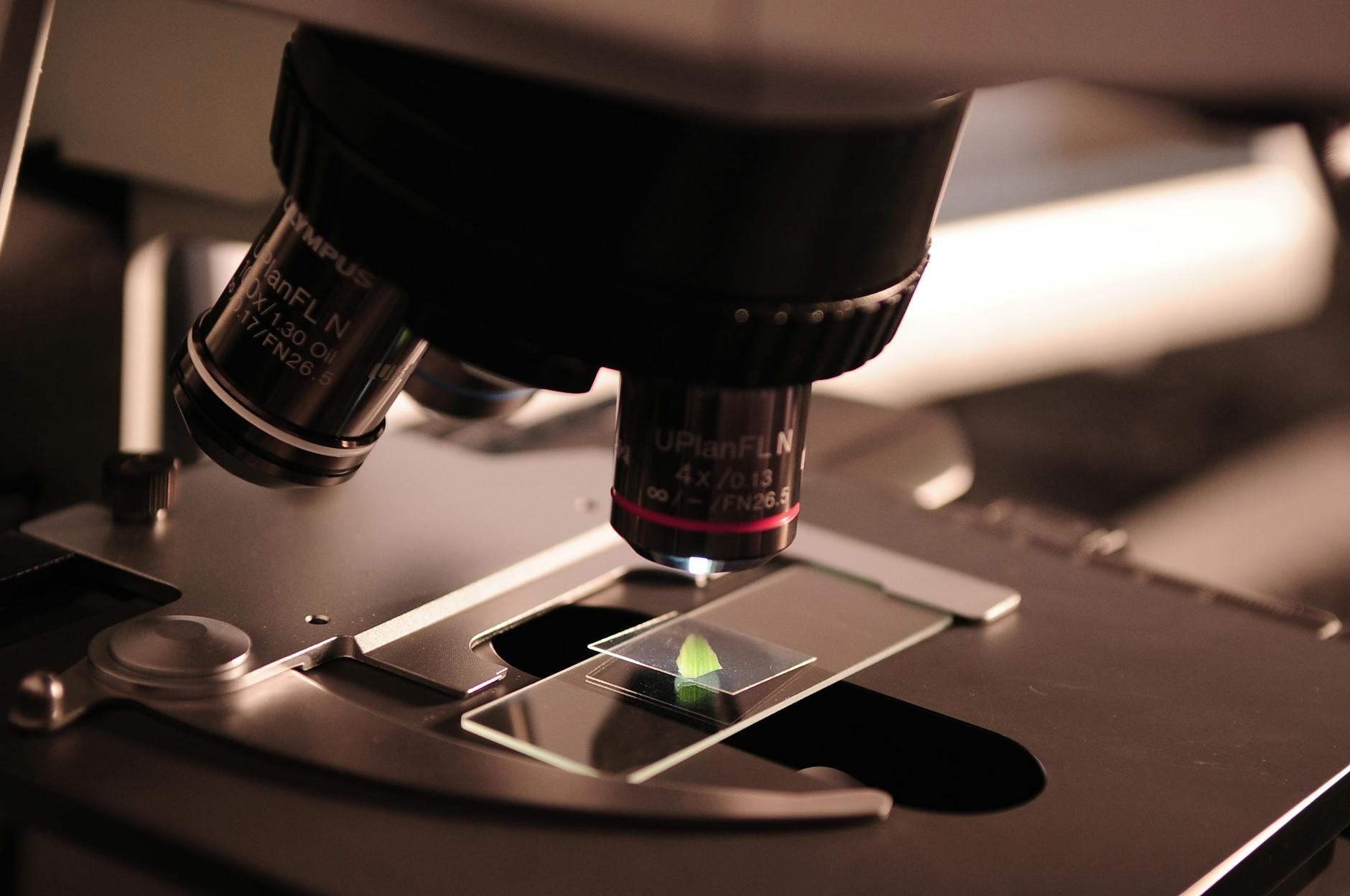Discover the surprising facts about yeast infections that will change the way you view this common condition forever. Read now!
Table of Contents
As we navigate through the complexities of our bodies and health, some common conditions tend to give rise to concerns and misunderstandings. One such condition is a yeast infection. In this comprehensive guide, we will delve deep into the truths surrounding yeast infections, including causes, symptoms, treatment options, and prevention methods. Understanding this condition is crucial for maintaining optimal health and well-being.
Candida Overgrowth: The Root Cause of Yeast Infections
A yeast infection is primarily caused by Candida albicans, a type of yeast that naturally resides in our bodies. However, when there is an overgrowth of Candida, it can lead to an infection. Various factors can contribute to this overgrowth, such as:
- Poor diet high in sugar or refined carbohydrates
- Weak immune system
- Antibiotic use
- Hormonal changes
Understanding these root causes can help in the prevention and management of yeast infections.
Recognizing the Symptoms
Yeast infections can manifest differently in individuals, but common symptoms may include:
- Itching and irritation in the vaginal area for women
- White, cottage cheese-like discharge
- Burning sensation during urination or intercourse
- Redness and swelling of the vulva
It is essential to recognize these symptoms early on to seek appropriate treatment.
Treatment Options for Yeast Infections
Fortunately, yeast infections are usually treatable with over-the-counter antifungal medications. These medications come in various forms, including creams, suppositories, and oral tablets. It is important to follow the instructions provided by healthcare professionals for proper use.
In cases of recurrent or severe yeast infections, healthcare providers may prescribe stronger antifungal medications or recommend alternative treatment options. It is crucial to consult a healthcare professional for personalized treatment recommendations.
Prevention Strategies for Optimal Vaginal Health
Preventing yeast infections involves adopting healthy habits that promote vaginal health. Consider the following strategies to reduce the risk of yeast infections:
| Topic | Key Points |
|---|---|
| Definition | A yeast infection is a common fungal infection that affects various parts of the body, including the mouth, vagina, skin, and bloodstream. |
| Causes | Yeast infections are typically caused by an overgrowth of a type of fungus called Candida, often Candida albicans. Factors that can increase the risk of developing a yeast infection include antibiotics, pregnancy, diabetes, and a weakened immune system. |
| Symptoms | Common symptoms of a yeast infection include itching, burning, and irritation in the affected area, as well as unusually thick, white discharge. |
| Treatment | Yeast infections can often be treated with over-the-counter antifungal medications, such as creams or suppositories. In some cases, prescription medications may be necessary. It’s important to follow the treatment plan prescribed by a healthcare provider. |
| Prevention | Practicing good hygiene, avoiding tight-fitting clothing, and taking steps to maintain a healthy immune system can help prevent yeast infections. It’s also important to avoid unnecessary antibiotic use, as antibiotics can disrupt the body’s natural balance of bacteria and fungi. |
- Maintain good hygiene by keeping the vaginal area clean and dry
- Avoid using scented feminine products or douching
- Opt for breathable cotton underwear
- Practice safe sex to prevent the spread of infections
- Follow a balanced diet low in sugar and rich in probiotics
By incorporating these preventive measures into your daily routine, you can support overall vaginal health and reduce the likelihood of yeast infections.
Empower Yourself with Knowledge
Knowledge is key in the journey towards better health. By understanding the truths about yeast infections, you empower yourself to take control of your health and well-being. Remember that seeking timely medical advice and maintaining good vaginal health practices are essential steps in preventing and managing yeast infections effectively. Stay informed, stay proactive, and prioritize your health above all else.
Frequently Asked Questions
Can yeast infections be passed from person to person?
Yeast infections are typically not considered sexually transmitted, but they can be passed through sexual contact. It is advisable for both partners to seek treatment if one partner has a yeast infection to prevent reinfection.
Are yeast infections only a concern for women?
While yeast infections are more common in women, men can also develop them, especially in the genital area. It is important for both men and women to be aware of the symptoms and seek appropriate treatment if necessary.
Can I prevent yeast infections by following a specific diet?
While there is no definitive diet to prevent yeast infections, consuming a balanced diet low in sugar and high in probiotics can support overall vaginal health. Avoiding excessive sugar intake and maintaining a healthy immune system are essential preventive measures.
Are there any natural remedies for treating yeast infections?
Some individuals find relief from yeast infections by using natural remedies such as probiotics, tea tree oil, and yogurt. However, it is crucial to consult with a healthcare provider before trying any alternative treatments to ensure their safety and effectiveness.





